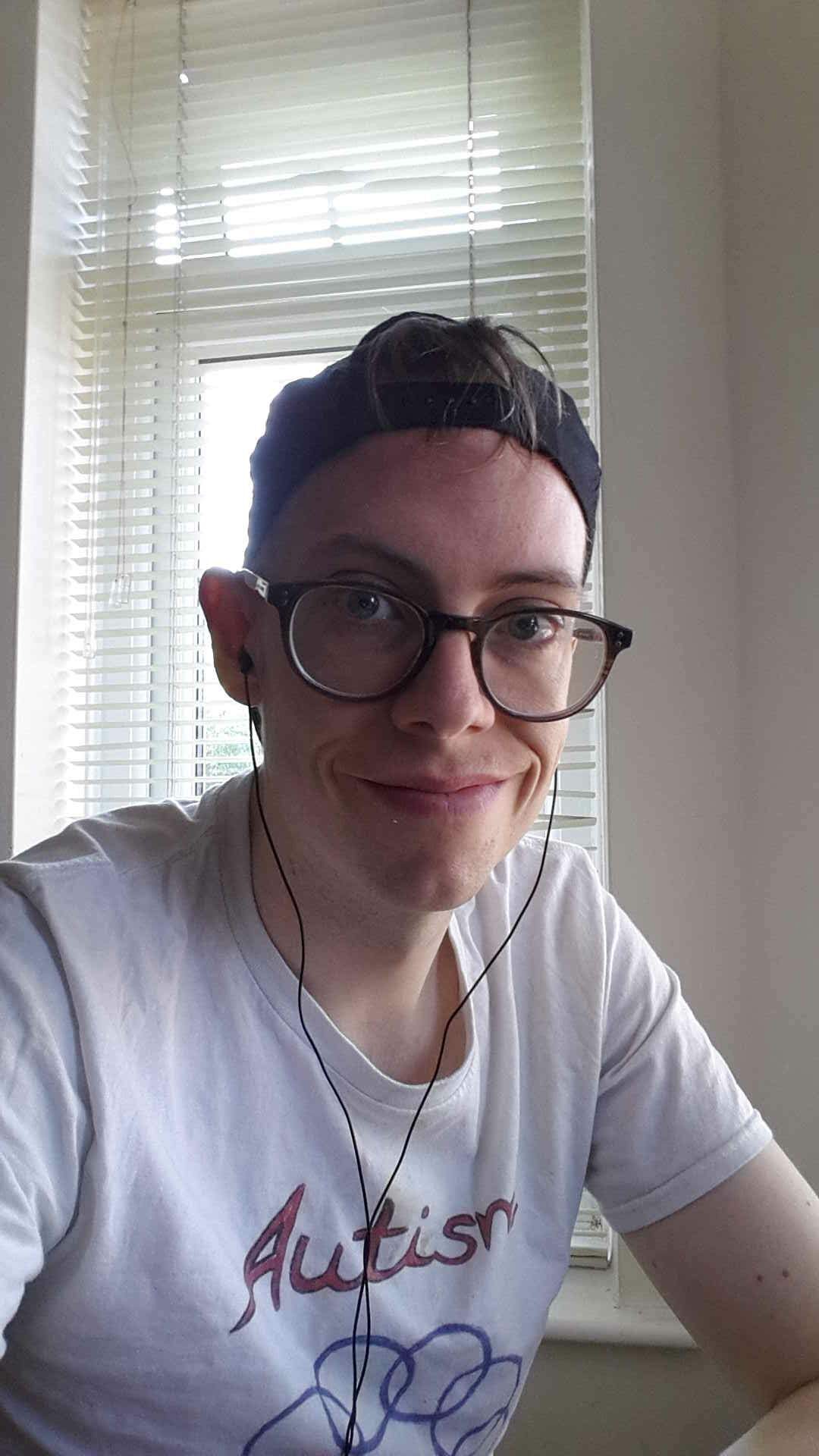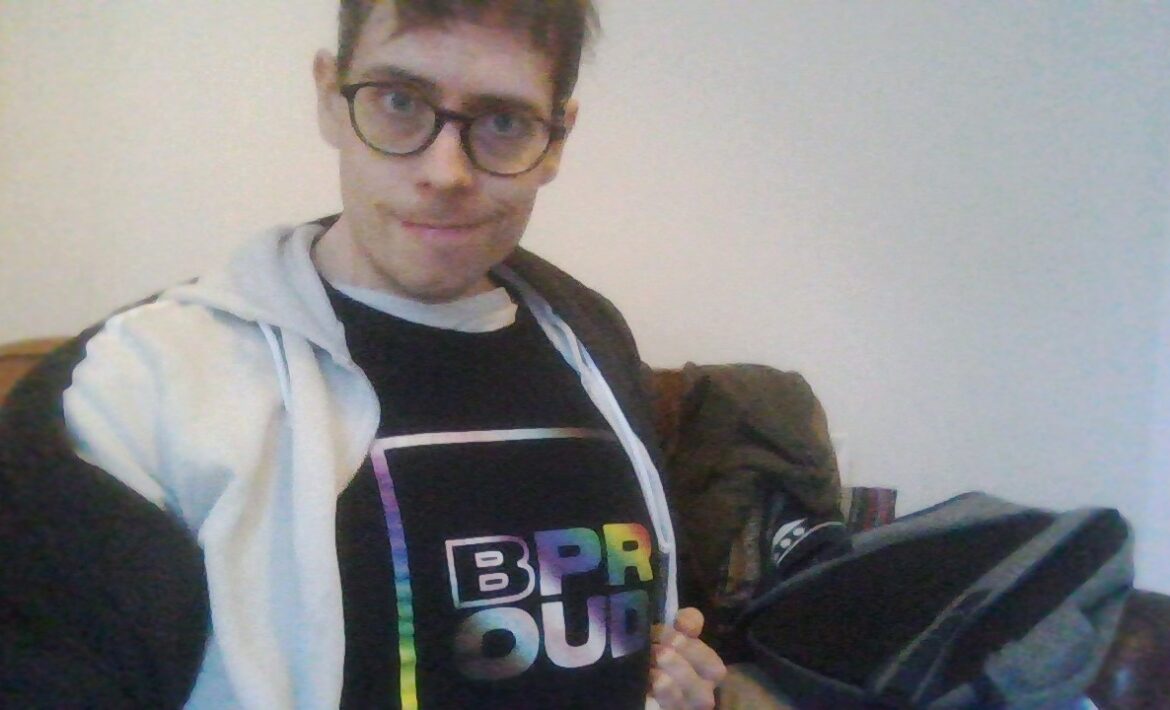
Autistic in Times of Covid-19: Sunday 24th May 2020 – Reduction #2 + Executive Function #1
Hi everyone!
I’m in the second week of reducing the Quietiapine. Over the past week I’ve moved from more-or-less incapacitated to actually starting to reap the benefits of reducing. I’m sleeping through a little less, waking up at 5, 6 and 2:21 respectively, but still getting back to sleep. This is a thing that’s happened the last few times I’ve reduced as well. After a couple of weeks, that also stabilised and I’d been able to sleep through the night. I’ve also been having very intense dreams*, specifically over the past week.
For the past five days, I’ve had more energy on the whole. Sometimes this has resulted in being incredibly flappy and vulnerable to breaking things, messing up basic things and resultant meltdowns. I did have to reduce physical exercise, which resulted in me feeling fat and weak. I have, on the whole, been ok about having days where I just play Animal Crossing and did not get anything else done. But it seems that every other day I get frustrated with still not getting enough done.
As an example: two nights ago, I had just watched Steve Silberman interview Dara McAnulty about his brilliant new book. I was exhausted afterwards and got into a mini-meltdown, angry with myself for being tired. Again, I’m my own worst enemy. The antagonism I feel towards myself for not being a productivity-machine – even when I’m engaged in reducing a drug I’ve been on for nearly a decade – is the worst. My main fight is to do with the shame I feel for having problems in the first place. I only want to produce at the highest level and want progress to be at a clean, 90 degree angle. When I get better, I stay better. Anything less is failure.
That’s how my autistic black-white thinking combines with my lack of intuition about how much energy I’ve got on a day. I don’t yet have the skill to be ok with having a bad day. I see it as a personal failure. I can’t be the only one who struggles with that.
The good part, though, is that I’ve come out of a five-month writer’s block. I’ve been working on the book again, in short bursts. I am so, so very proud of myself. I hope to keep on working on it on a daily basis, setting a 60 minute timer, reading a random poem and getting going without stopping. I totally adore being back in that world and getting on with the best thing I’ve ever done creatively. That alone means the reduction so far has been worth it.†
This leads in to what I wanted to talk about today: executive function. I’ve been listening a lot to series two of 1800 Seconds on Autism. It’s led me to reconsider the issues I’ve had throughout my life. I live with my partner, who’s also autistic. He really struggles with cleaning, admin and doing practical things like shopping (though he’s started cooking in the past few weeks and doing brilliantly). I was terrible at these things as well. I only got good at them when I moved in with my first boyfriend, and then it took me ages to learn. Executive function is a term that describes how someone navigates their tasks, and the neurological issues that can stand in the way of them completing those tasks.
A quick warning for descriptions of seriously bad mental health.
When I just moved out of my parents’ home, I was in drama school and university at the same time. I slept badly because of the emotional stress that I went through at drama school and a continuing depression that I was fighting as I was being discriminated against for being autistic – which I internalised. I was starved of touch, emotionally burnt-out and sleeping terribly. That meant I was constantly exhausted. plus my incapacity to clean properly meant that I lived in squalor. Which exhausted me even more, made me sleep less, increased anxiety and depression. This meant that I was even less able to clean my living space.
My mother always told me that I needed order, calm and an organised life. But two things stood in my way. 1. I resented being autistic and saw those things as indelibly autistic – so I fought them. 2. I was unable (due to sensory overload, exhaustion and executive function problems) to actually put in the effort to have an organised existence. I was always too tired to do any of those things. At other points it was anxiety about money that stopped me opening letters. I know that that’s not the way to solve problems – in fact it just makes those problems far, far worse. I was simply incapable of sorting out administrative issues, but despised asking for help, because of the humiliation it caused. I was a perfect storm. I needed help, but I’d rather have died than have accepted help.
Yet my partner struggles with the same executive function issues and he does not beat himself up for not being able to do these things. He simply accepts help, sometimes more sheepishly than at other times. Yesterday when I spent hours doing a deep clean of the flat, I spent over an hour on his room and when he came in he theatrically fell onto the perfectly-made bed and groaned “Life is hollow” because his desk was no longer untidy. He gave me a big hug to thank me. He prefers to live in a clean house too, but just isn’t capable of doing it himself.
This entire story shows you two autistic people, who both have the same executive function problems. I find it far easier to do things for other people than for myself. I learnt to clean, shop properly and do admin when I had to do it for someone else. My partner repays me for my time making his living space liveable by being there for me when I feel anxious, angry and exhausted. We’re supporting each other in that way. But essentially we are covering for each other as part-time carers. That’s ok, that’s what we do and we do it because we love each other. If we didn’t know each other, we might have needed professional support for the executive function problems I’ve described here (there are more, naturally). But in a fair country, we would both be supported financially for the time and expertise we are putting in to support one another’s executive function issues.
Final notes:
I’ve also cut my own and my partner’s hair. That was a really helpful thing to do, the headache I’d been having for the past few days lifted. The featured image is me looking like a 1990s kids tv presenter being down with da kids.
Lastly, I’ve been listening to the Adulting Autistic podcast. I’ve started listening a few weeks ago and I’ve been loving it so far. Keep watching Harry’s videos too (see last week) and follow @agonyautie and @milliemoonface on instagram. The last is autistic scientist Camilla Pang, whose book Explaining Humans is out now and amazing.
That’s it from me for this week. Me and the boy are going on a walk now. Lots of love. xxx
*This reminds me of when I was twenty and performing in a theatre tour around the Netherlands. One of my fellow actors asked if I ever had dreams. I joked about it, doing an impression of a robot – but that question did express their preconceptions about me not really having an inner life, despite me being not ok with being autistic at the time.
† My new drag name is either Quietiapine Reductionista or Quietiapina Reductionista Evangelista “You’re A Model” Davenport. Answers on a postcard.



Loved it all, as per usual. I almost didnt get through it all though. Once you mentioned living in squalor. I wanted to stop and run to address my own personal squalor. I feel depressed knowing it’s there, and the task is always overwhelming, so I distract myself by finishing reading this. Lol I’m glad I did. xo